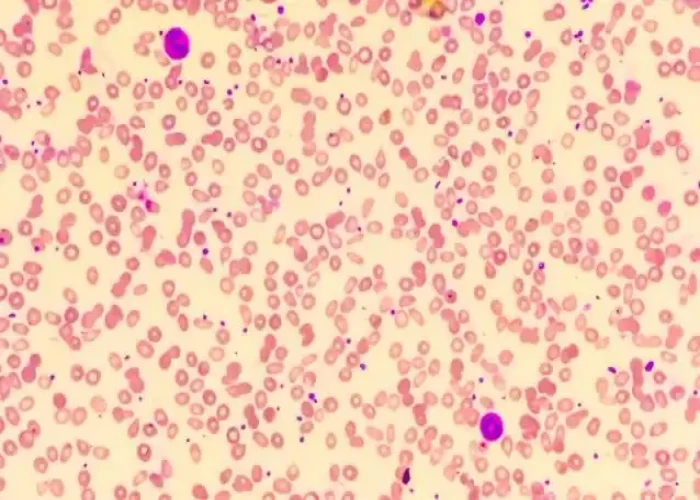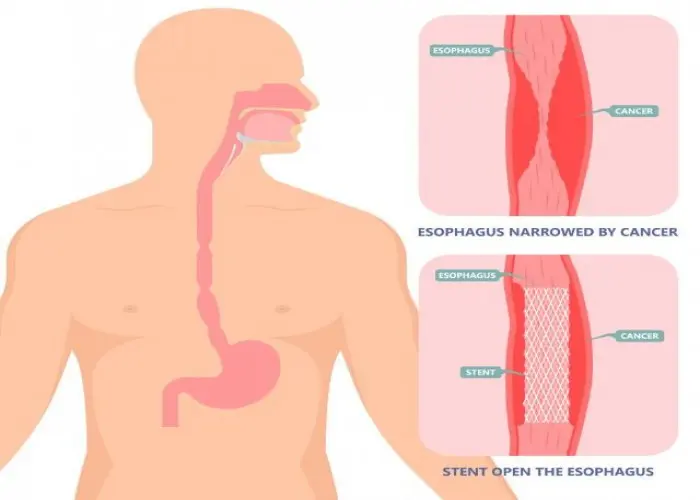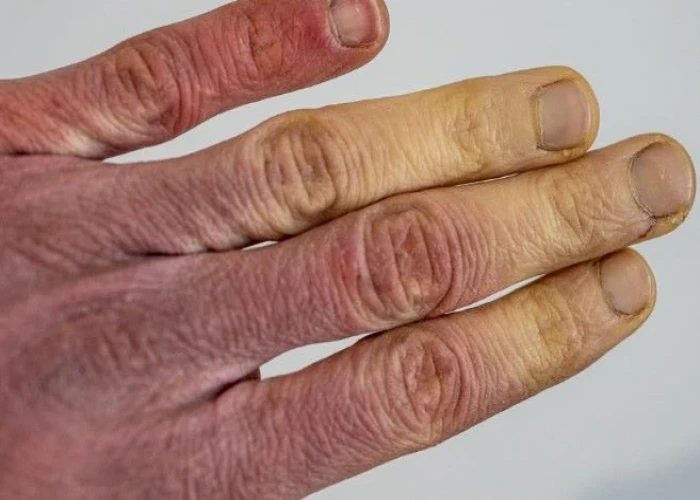 Welcome
Welcome
“May all be happy, may all be healed, may all be at peace and may no one ever suffer."
Body dysmorphic disorder

Body dysmorphic disorder (BDD) is a mental health condition characterized by a preoccupation with perceived defects or flaws in one's appearance that are not noticeable to others or are only slight. This preoccupation can cause significant distress and impairment in social, occupational, or other areas of functioning. Individuals with BDD may engage in repetitive and time-consuming behaviors such as excessive grooming, skin picking, or seeking reassurance from others about their appearance. The exact cause of BDD is not known, but it is thought to involve a combination of genetic, neurobiological, and environmental factors. Treatment options may include cognitive-behavioral therapy, medication, or a combination of these approaches. It is important to work closely with a mental health professional to manage BDD and prevent potential complications.
Research Papers
Disease Signs and Symptoms
- Avoidance of social activities or situations
- A strong belief that you have a defect in your appearance that makes you ugly or deformed
- The belief that others take special notice of your appearance in a negative way or mock you
- Frequently seeking reassurance about your appearance from others
- Seeking cosmetic procedures with little satisfaction
- Mental disorder
Disease Causes
Body dysmorphic disorder
It's not known specifically what causes body dysmorphic disorder. Like many other mental health conditions, body dysmorphic disorder may result from a combination of issues, such as a family history of the disorder, abnormalities in the brain, and negative evaluations or experiences about your body or self-image.
Disease Prevents
Body dysmorphic disorder
There's no known way to prevent body dysmorphic disorder. However, because body dysmorphic disorder often starts in the early teenage years, identifying the disorder early and starting treatment may be of some benefit.
Long-term maintenance treatment also may help prevent a relapse of body dysmorphic disorder symptoms.
Disease Treatments
Treatment for body dysmorphic disorder often includes a combination of cognitive behavioral therapy and medications.
Cognitive behavioral therapy
Cognitive behavioral therapy for body dysmorphic disorder focuses on:
- Helping you learn how negative thoughts, emotional reactions and behaviors maintain problems over time
- Challenging automatic negative thoughts about your body image and learning more-flexible ways of thinking
- Learning alternate ways to handle urges or rituals to help reduce mirror checking or reassurance seeking
- Teaching you other behaviors to improve your mental health, such as addressing social avoidance
You and your therapist can talk about your goals for therapy and develop a personalized treatment plan to learn and strengthen coping skills. Involving family members in treatment may be particularly important, especially for teenagers.
Medications
Although there are no medications specifically approved by the Food and Drug Administration (FDA) to treat body dysmorphic disorder, medications used to treat other mental health conditions ― such as depression and obsessive-compulsive disorder ― can be effective.
- Selective serotonin reuptake inhibitors (SSRIs). Because body dysmorphic disorder is thought to be caused in part by problems related to the brain chemical serotonin, SSRIs may be prescribed. SSRIs appear to be more effective for body dysmorphic disorder than other antidepressants and may help control your negative thoughts and repetitive behaviors.
- Other medications. In some cases, you may benefit from taking other medications in addition to an SSRI, depending on your symptoms.
Hospitalization
In some cases, your body dysmorphic disorder symptoms may be so severe that you require psychiatric hospitalization. This is generally recommended only when you aren't able to keep up with day-to-day responsibilities or when you're in immediate danger of harming yourself.
Disease Diagnoses
Disease Allopathic Generics
Disease Ayurvedic Generics
Disease Homeopathic Generics
Disease yoga
Body dysmorphic disorder and Learn More about Diseases

Thrombocytosis

Epiglottitis

Mixed connective tissue disease

Retention of Urine

Dysphagia

Atypical depression

Erysipelas

Raynaud's disease
Body dysmorphic disorder, Body dysmorphia, Dysmorphia, শরীরের ডিসমরফিক ব্যাধি
To be happy, beautiful, healthy, wealthy, hale and long-lived stay with DM3S.
